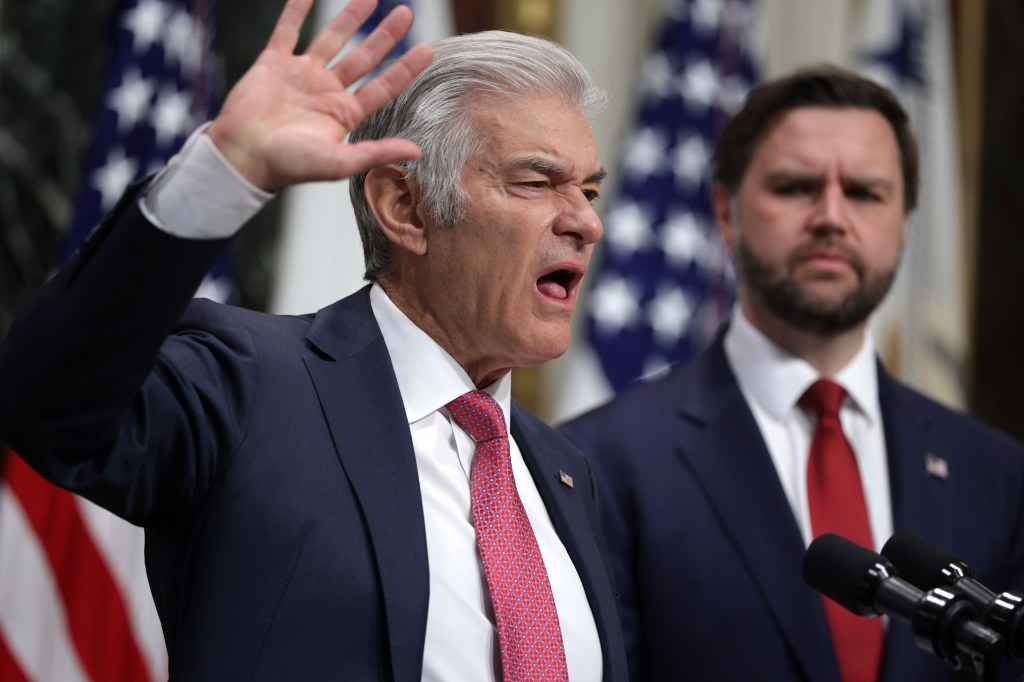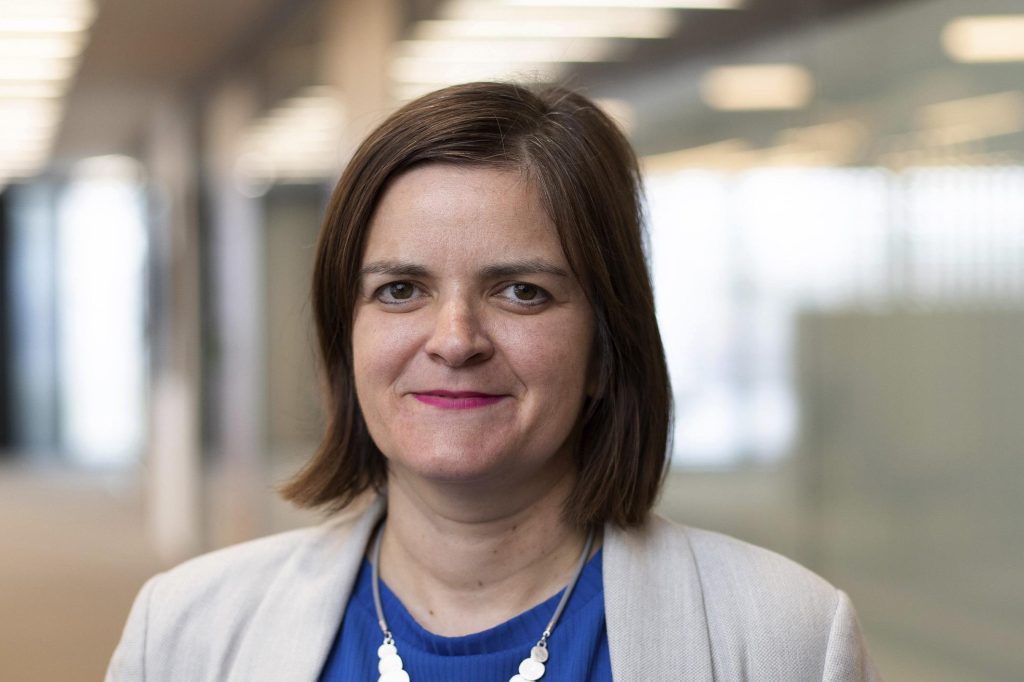Markets never stand still and regulators need to play their part in helping them evolve. That was the message from Sarah Pritchard, the FCA’s Executive Director of Markets and International, when she spoke at the launch of the Capital Markets Insights conference held by EY and UK Finance last week.
Register for free to keep reading
To continue reading this article and unlock full access to GRIP, register now. You’ll enjoy free access to all content until our subscription service launches in early 2026.
- Unlimited access to industry insights
- Stay on top of key rules and regulatory changes with our Rules Navigator
- Ad-free experience with no distractions
- Regular podcasts from trusted external experts
- Fresh compliance and regulatory content every day














